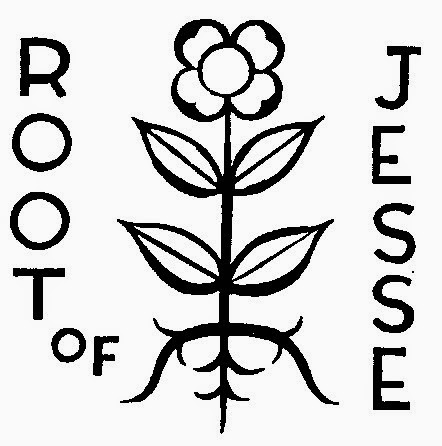28 December 2014
Feast of the Holy Family
Parents and grandparents often gaze into the fresh face of their newborn and imagine the greatness to which the child will aspire. Welcoming a new child is not only a time of great joy, but one of hope and expectation.In today’s Gospel we encounter an elderly pair that espouses the hopes and expectations of Israel. Described as righteous and devout, Simeon and Anna have spent their lifetimes “awaiting the consolation of Israel.” They are now assured of their hopes’ fulfillment as they behold the child Jesus presented this day in the temple. Why are they so sure that they are in the presence of the Messiah, the long-awaited Savior?
Scripture tells us that Simeon and Anna are led by God’s Spirit in whose Word is assurance of the revelation they are awaiting. Devout in their faith they have recognized repeatedly God’s intervention throughout their spiritual history and once again anticipate a profound revelation.
It is more than just their advanced years and patient waiting that enable Simeon and Anna to recognize the Messiah. It is their contemplative listening, their living and praying in the Spirit, and their fidelity to God that lead them to see in this child the fulfillment of God’s promise to Israel. These faith-filled individuals are not simply in the right place at the right time, welcoming the Holy Family into the temple. Their hearts are in the right place spiritually to recognize the presence of God.
As we join with Simeon in his twilight canticle, the evening prayer of the Church, can we acknowledge that we have today witnessed salvation? Are we in that right place spiritually to recognize God’s presence within us and around us? As we gather to celebrate the Paschal Mystery in God’s holy temple, our Church, have we beheld this day, in the face of the Holy Child, the hope and expectation of our God’s gift of eternal salvation.
The author, Ms. Barbara Gawle, Class of 2001, leads Bible studies at her parish, Incarnation Church of Wethersfield, CT. She is the 2012 recipient of the Biblical School's highest award, the Lawrence Boadt Memorial Medal.



































